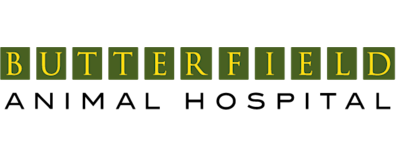Bloat/Twisted Stomach
Dogs

What is it?
Bloat, twisted stomach, and torsion are all terms used to describe gastric dilatation and volvulus; in which, a dog's stomach is distended and then rotates into a dangerous position.
Why does it happen?
The exact cause in unknown, but there is a multitude of factors that are suspected to cause susceptibility to bloats such as rapid eating, infrequent feeding, genetics, and more.
How does it affect your pet?
Bloat can happen to any dog, but deep-chested and large breeds have a higher risk. Great Danes, St. Bernards, and Weimaraners are a few at-risk breeds, but all dogs are vulnerable.
What are the signs?
Restlessness, pacing, unsuccessful vomiting, and an enlarged abdomen are all signs. Unfortunately, sometimes bloat can occur without prior notice. Seek veterinary care immediately.
What can I do?
Ask your veterinarian about a procedure called gastropexy that prevents bloat. By performing this procedure, you can potentially save your dog's life.
